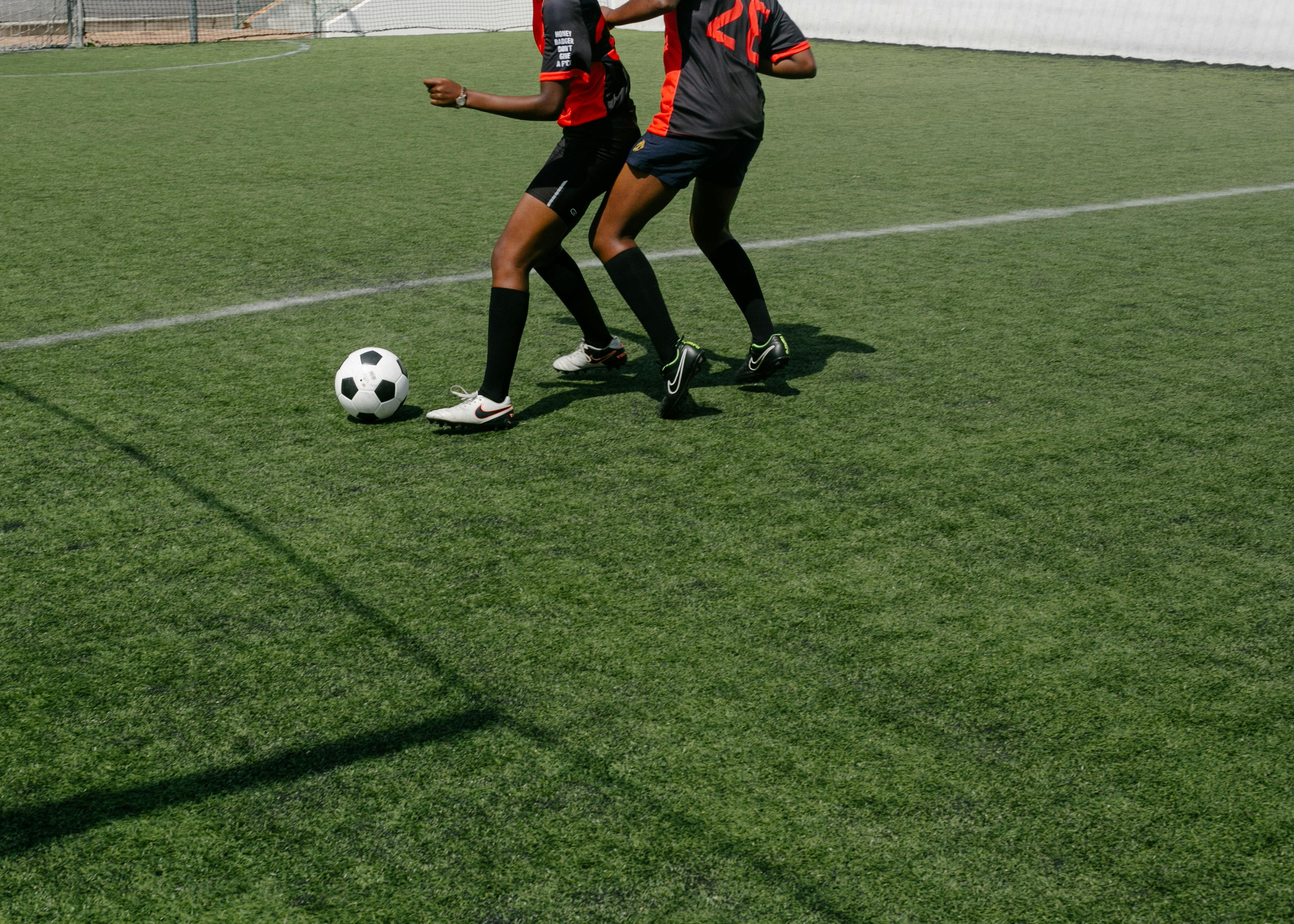
Burning sensation in the chest: do I have heartburn?
Heartburn is a symptom of a digestive disorder called gastroesophageal reflux disease or (GERD). It occurs when acidic stomach juices flow up into the esophagus, causing a burning sensation in the chest. Some people with heartburn also experience regurgitation, in which part of the food actually contains acid.
If you experience this every day or even a few times a week, you should see your doctor. If you want to try and avoid some of the common foods and drinks that cause this, it would certainly help and be a step in the right direction.
Some of the obvious foods would be spicy foods, coffee, alcohol, and citrus drinks; also limit your intake of fried or fatty foods, tomatoes, and chocolate. They will certainly make your esophagus irritated.
One thing you can do is drink water with meals, this flushes the acid out of the esophagus and into the stomach, where it belongs. Also, taking two teaspoons of apple cider vinegar before meals helps neutralize acid and better digest food.
Poor clothes for after dinner can make symptoms worse. Try to avoid smoking, drinking alcohol, taking naps, or lifting heavy objects right after eating. Smoking will weaken the lower esophageal sphincter and drinking will cause nocturnal reflux.
There are some common heartburn treatments and they include over-the-counter medications that will neutralize some of the acid your stomach will produce and relieve pain. A treatment is also prescribed which will be a higher dose of a certain agent which will reduce the amount of acidic juice produced by the stomach. There is also surgery, laparoscopic surgery has become very popular for some and is known to have a very positive influence on a person’s life, make sure you select a surgeon with significant experience and expertise. There are also lifestyle changes that can be made to treat chronic heartburn, such as regular physical activity, stress management, and proper diet.
Changes in lifestyle
* Frequently eat smaller meals that are not rich sources of fat.
* Avoid eating late at night before bed.
* Try not to lift heavy objects after eating.
* Try raising the head of the bed so gravity helps keep acidic juices and food down.
If you’ve tried everything possible, then it’s time to see your family doctor for a physical and consider the next course of action to bring relief.